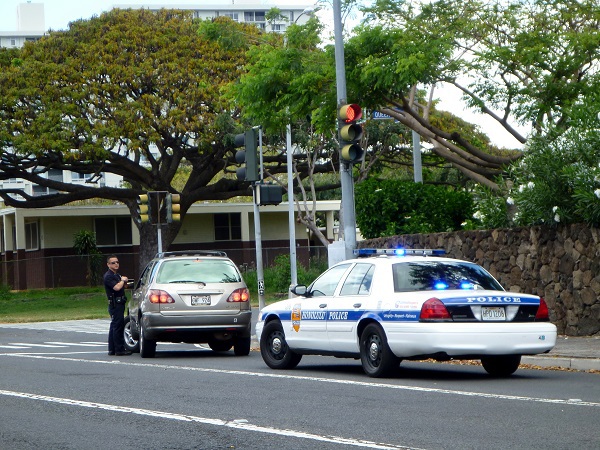Prior Out-of-State DUIs in Oklahoma

Prior out-of-state DUIs factor into sentencing for any DUIs committed in Oklahoma. If you have a prior DUI conviction from another state, learn more about how that conviction could affect your charges and sentence for an Oklahoma DUI.
Ordinarily first-time DUI driver in Oklahoma are charged with misdemeanors. With a conviction or a deferred judgment from another state for DUI meeting the Oklahoma DUI requirements, a driver who has never been convicted of DUI in Oklahoma before will be charged with a felony. One exception is if you completed the sentence for your prior conviction more than ten years ago. 47 O.S. § 11-902(C)(2).
The out-of-state conviction must meet Oklahoma DUI requirements as stated in 47 O.S. § 11-902 (driving under the influence), 47 O.S. § 11-904 (personal injury accident while driving under the influence), or 21 O.S. § 852.1(A)(4) (child endangerment while driving under the influence). In other words, if a state has more strict DUI requirements such as a 0.04 blood alcohol concentration for conviction, a conviction from that state may not qualify as a prior offense for purposes of charges and sentencing. If you can show that the other state’s DUI statute is so different from Oklahoma’s that the conviction should not be given full faith and credit, you may succeed in being charged with only a misdemeanor. United States Constitution, Article IV, Section 1.
Other potential defenses to an attempt to convict you of a felony for an Oklahoma DUI include seeking relief in the state of the original DUI and challenging the validity of the prior conviction. For instance, you could seek dismissal of the out-of-state DUI. If available, you could challenge the out-of-state DUI on appeal for a technicality. You might seek expungement to make records of the DUI harder to find.
Challenging the validity of the prior conviction will be most effective if you did not have an attorney in the prior case. If you had no attorney and no opportunity for counsel in the prior case, it cannot be used against you at all for enhancement purposes, for impeachment, or for consideration at sentencing. See Burgett v. Texas, 389 U.S. 109 (1967). However, if you knowingly waived the right to an attorney, the conviction can be used against you. Moore v. Michigan, 355 U.S. 155, 161-62 (1957); Carnley v. Cochran, 369 U.S. 506, 517 (1962).
To learn more about challenging the use of prior out-of-state DUI convictions in sentence enhancements, seek out the local DUI attorney who cares about seeking the best outcomes for his clients. Clint Patterson, Esq., of Patterson Law Firm, a former Tulsa prosecutor, is familiar with the pros and cons of jury versus bench trials. Schedule a case evaluation by visiting Patterson Law Firm online or calling Clint’s office at (918) 550-9175.

